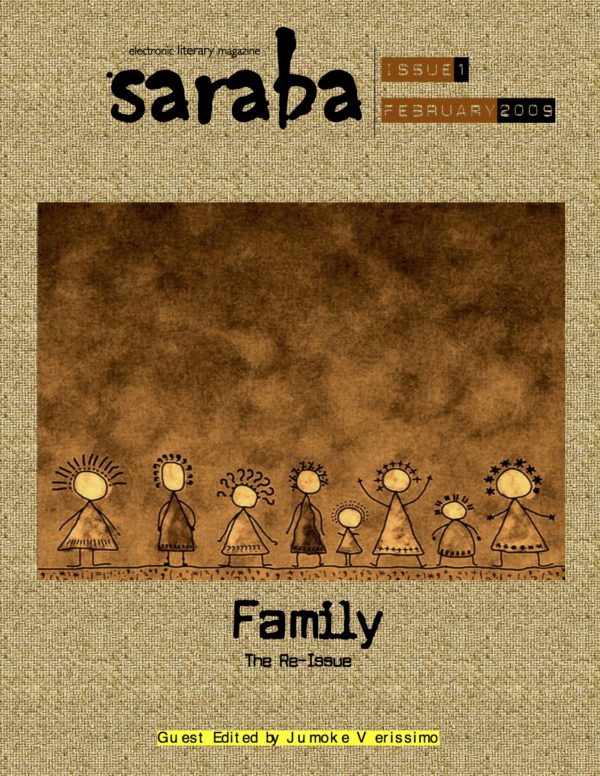
Ten days ago, on 15 February 2019, Saraba Magazine turned ten. As part of its anniversary celebration, the magazine has made its back issues available, given away books to its Nigerian readers, and its editors have written “love letters” about their inspirational journey.
Founded in 2009 by the Nigerian writers Emmanuel Iduma, author of A Stranger’s Pose, and Dami Ajayi, author of A Woman’s Body Is a Country, Saraba has established itself on the international scene with its publications and collaborations. In many ways, Saraba is the forerunner of the second wave of 21st century African literary magazines, the group of publications began in the 2010s by young, talented unknowns, following the early 2000s establishment of the publishing collectives Chimurenga and Kwani? The Nigeria-based magazine and others that came up in similar circumstances—Nigeria-based Expound and Kenya-based Enkare Review, most notably—have played a crucial part in de-centering access to publication for writers living in the continent. In 2017, Saraba launched its debut print issue, Transtions.
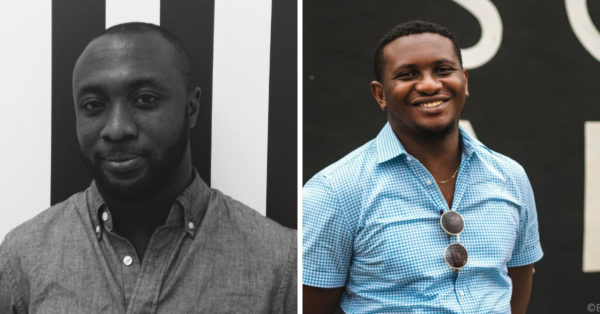
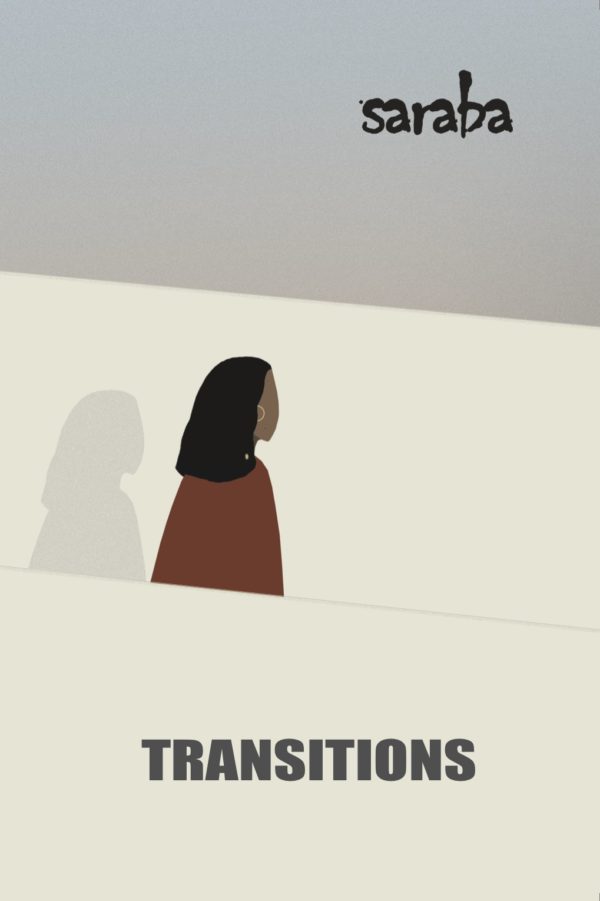
In a post titled “Love Notes to Saraba – Anniversary Reminiscence,” its editors wrote brief letters of affection for the publication.
“I still have fond and vivid memories of the void from which you emerged,” writes Dami Ajayi. “Two young and struggling writers meeting, unfailingly, on Sunday evenings to review rejection notes and big dreams in a borrowed study in a rustic university town. You were born out of a selfish necessity to be heard. But most importantly, you were born. Your tenacity and survival still eludes me.”
“I cannot see it fully, but perhaps around you a myth has formed,” writes the editor Emmanuel Iduma. “In my version of the story Dami came to my house for lunch Sunday after Sunday, and we would often drive off to campus, or arrive from campus, listening to a song—M. I. Abaga’s “Money,” from Talk About It, for instance, or songs by Anthony Hamilton, back to back. On one such day the idea spilled, gathering around our feet like a shapeless pool of dreams. Then we spoke to Ayọ̀bámi, to Arthur, and then to Adebiyi. Later, in those first two years, others trusted us: Dolapo Amusan, Jumoke Verissimo, Olaoluwa Akinloluwa, Ope Awoyemi, Temitayo Olofinlua, Yemi Soneye, Tade Ipadeola, Niran Okewole. And now, what’s next? What is the standard measure for your future? All is potential. Nothing shall be lost.”
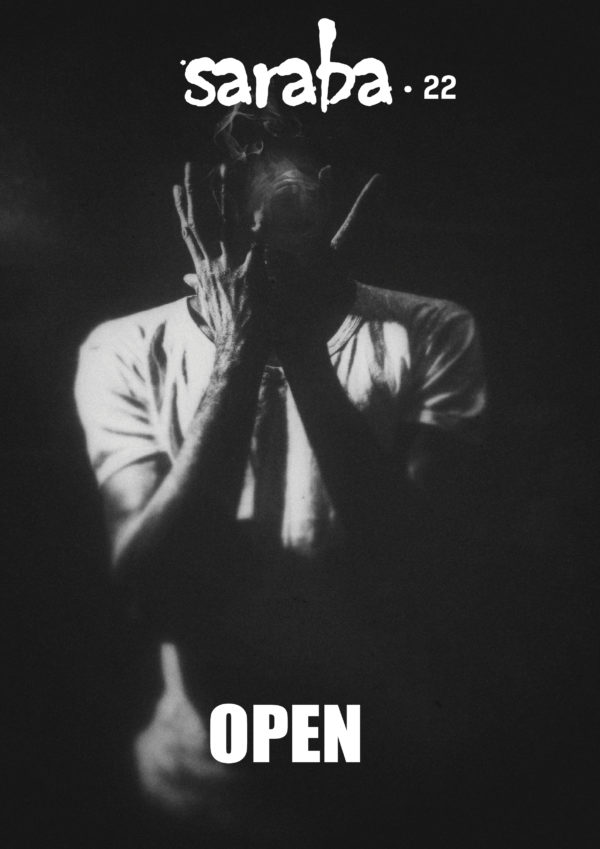
“I hope you continue to do what you’ve always done—genuinely see young writers and help them be heard,” writes assistant editor Kemi Falodun. “I hope you develop the capacity to do that in greater measures. I hope your words will continue to resonate with people all over the world.”
“Who are you without Sarabans? All the women and men who draped you with their days and hours, time wreathing you in something like beauty,” writes the novelist Ayobami Adebayo who is a senior editor at the publication. “Those public and secret benefactors whose sundry substance resuscitated you on days when you were almost comatose. All who edited, curated, managed you even if only briefly, the exceptional two who created you. Dear Saraba, what would you be without all they committed to you? That dreaded thing: a blank page.”
Enter for the giveaways HERE.
Brittle Paper congratulates Saraba on its anniversary. May it live long.


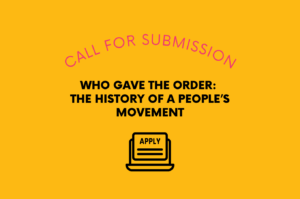



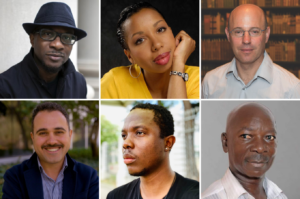
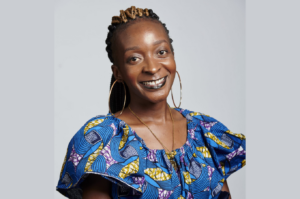

COMMENTS -
Reader Interactions